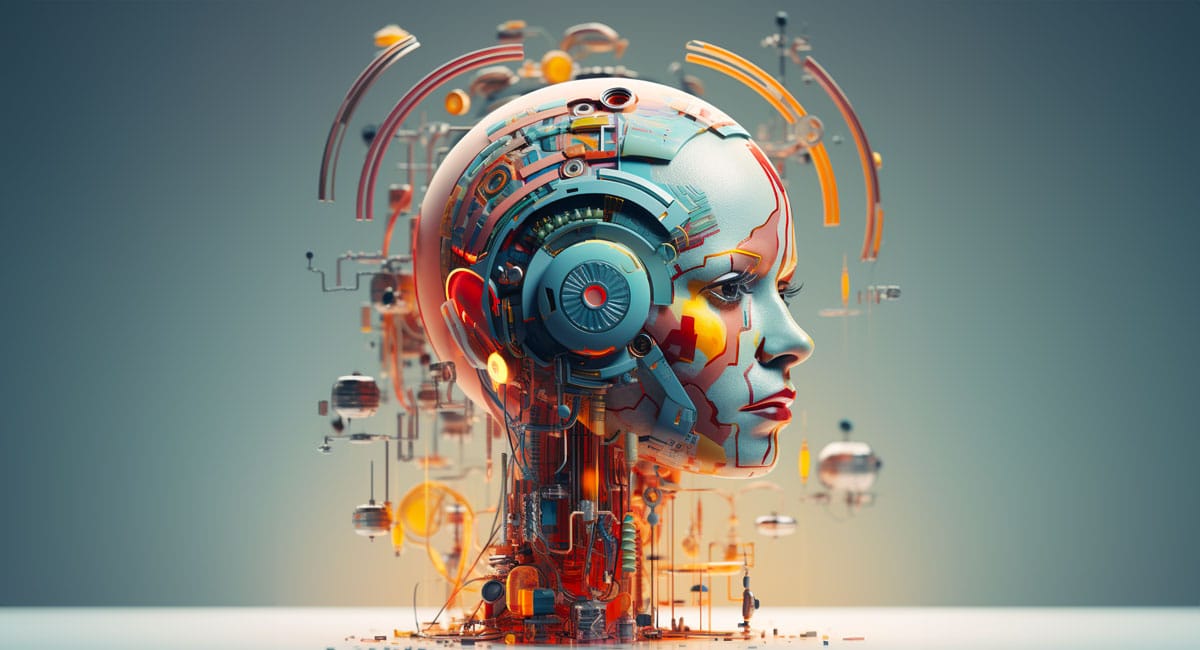In today’s swiftly evolving tech landscape, AI agents stand at the vanguard, heralding a new era in our utilization of technology. Far beyond simple upgrades, these agents represent a profound shift—accelerating our data processing capabilities and catapulting us past old boundaries in knowledge and innovation. The result? Smarter, cleaner innovations that not only enrich our lives but also foster a more sustainable relationship with our environment.
A Personal Encounter with Technology’s Transformative Power
It was a balmy late afternoon in Manhattan’s East Village, the summer of 2014. The sidewalks buzzed with the energy of the city—people clad in light suits and fluttering summer dresses moved about, soaking in the urban atmosphere. There I was, navigating the lively streets with my wife and our three little adventurers, all under the age of five. If we could handle trekking through the Amazon jungle with them as infants, we figured we could certainly tackle New York City’s vibrant chaos.
Yet, any parent will tell you that even the best-laid plans are no match for the whims of young children. It was rush hour, and the city thrummed with energy as people shifted from work to play, crowding the sidewalks, bars, and cafes. That’s when our peaceful family outing turned into a parenting obstacle course: one child in dire need of a fresh outfit, another flat-out refusing to take another step, and the third unleashing a symphony of cries while liberating bottles and toys onto the concrete. Trying to flag down a taxi was hopeless—the drivers were changing shifts.
With no cabs in sight, we braced for the forty-block march to our uptown apartment, our soundtrack a chorus of screams. As if on cue, the clouds burst, drenching everything. We ducked into a nearby coffee shop for cover, but it was so packed we ended up half in, half out, our clothes sticking to our skin, and our bags—and spirits—soaked through. The kids’ cries reached a fever pitch.
Desperate for a lifeline, I remembered Uber, an app I’d been testing with some success. With a few quick taps, I summoned a ride. Like a scene from a film, within five minutes, a sleek black Cadillac SUV rolled up. Seeing our plight, the driver quickly helped us load our gear and herd the kids inside the warm, dry car. Onlookers stared, some with envy, as we escaped our urban ordeal in what seemed like a VIP evacuation.
This moment highlighted the transformative power of technology. It gave a glimpse into the future potential of AI agents, which could extend this concept further. These systems could one day not only respond to our immediate requests but also anticipate our needs, understanding and interacting with the environment to remove daily hassles, whether in transport, daily chores, or even complex problem-solving across various sectors. This is the promise of AI: a seamless, intuitive extension of our human capacities designed to ease the friction of our everyday challenges.
The Broader Implications of AI Agents
Mark Zuckerberg’s recent announcement to pivot Facebook’s parent company to Meta has put a spotlight on the importance of advanced AI technology. Meta is now focusing on developing sophisticated AI agents that can accomplish complex tasks across different apps and websites. According to a report by Bezinga, this move highlights the strategic role that AI plays in the future of technology. Meanwhile, the MIT Technology Review has also discussed the transformative potential of generative AI in driving innovation and unlocking hidden opportunities from data. It appears that many businesses see AI as a competitive advantage and are actively seeking ways to harness its power to enhance user experiences within their respective ecosystems.
Definition of AI Agents and How to Build Them
AI agents are software entities that can perform tasks or services for an individual autonomously based on received data inputs and pre-set guidelines. To build an AI agent, especially a Large Language Model (LLM) based agent, the process typically involves setting up various components, including a core agent, memory modules for data retention, tools for specific tasks, and a planning module to strategize actions based on inputs and goals. Tanay Varshney’s guide on NVIDIA’s developer blog walks through these steps, focusing on creating an agent capable of analyzing data and responding to complex queries, such as those from earnings calls, using retrieval and analysis tools integrated into a coherent framework.
A Practical Application for AI Agents
In a recent Wired article, Cognition AI introduced Devin, an AI software developer who not only codes but plans, tests, and implements solutions, hinting at a shift from chatbots to more capable AI agents. The article highlights Devin’s impressive demo and potential impact on the tech industry, including possible job disruptions. It also mentions Google DeepMind’s SIMA, an AI that learns complex tasks by observing human players in video games, suggesting broader applications for AI agents beyond gaming.
In the fast-evolving landscape of artificial intelligence, AI agents are at the forefront of a technological revolution. These sophisticated systems are more than mere upgrades to existing algorithms; they represent a seismic shift in how we harness technology. By dramatically speeding up our ability to gather and analyze data, AI agents empower us to leapfrog traditional barriers in knowledge acquisition and innovation. The result? More thoughtful, cleaner products and processes that not only enhance our daily lives but also promise a more sustainable interaction with our environment. As these agents become increasingly integral to our technological toolkit, they’re not just improving our experiences—they’re redefining our relationship with our environment.



